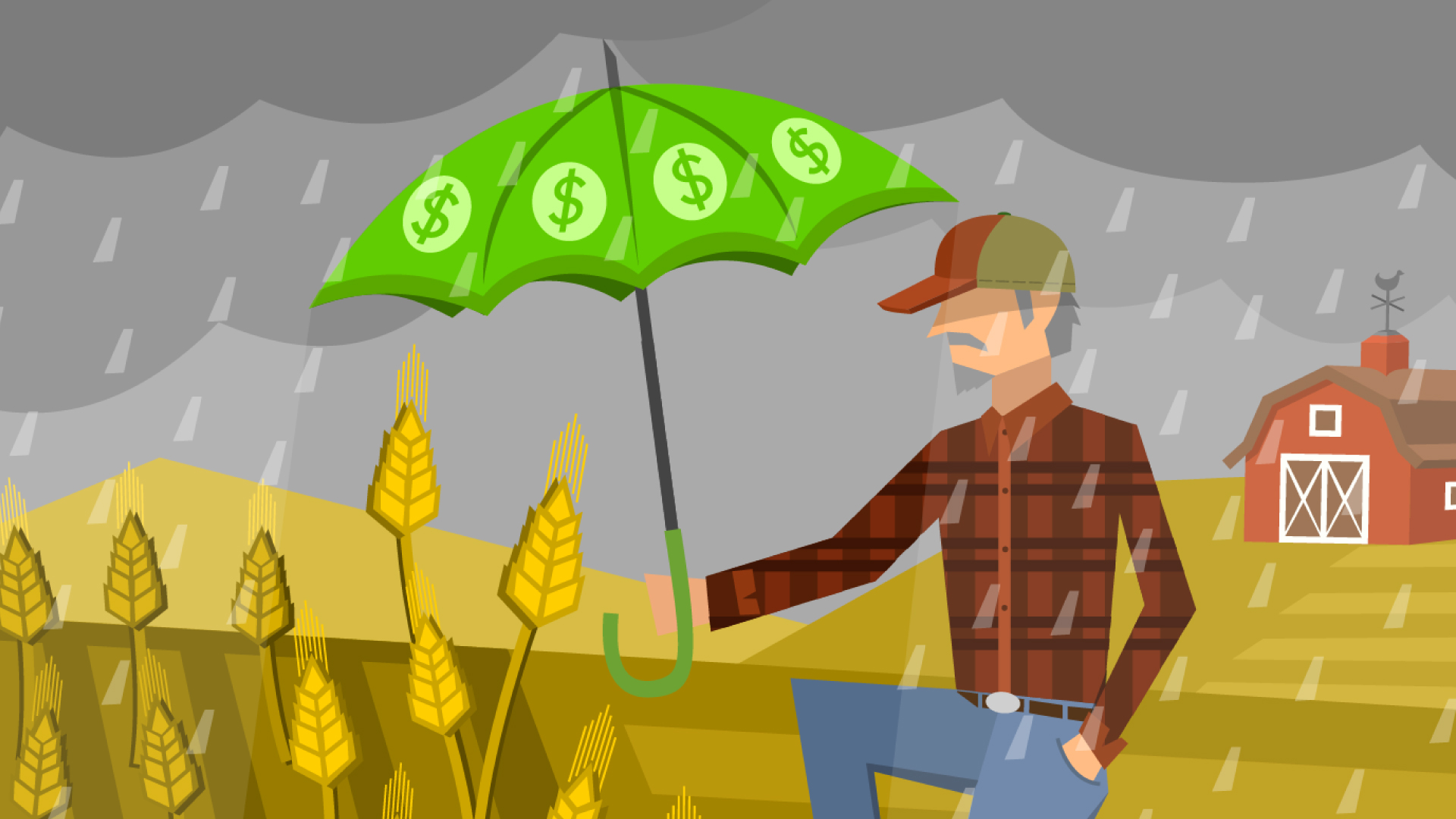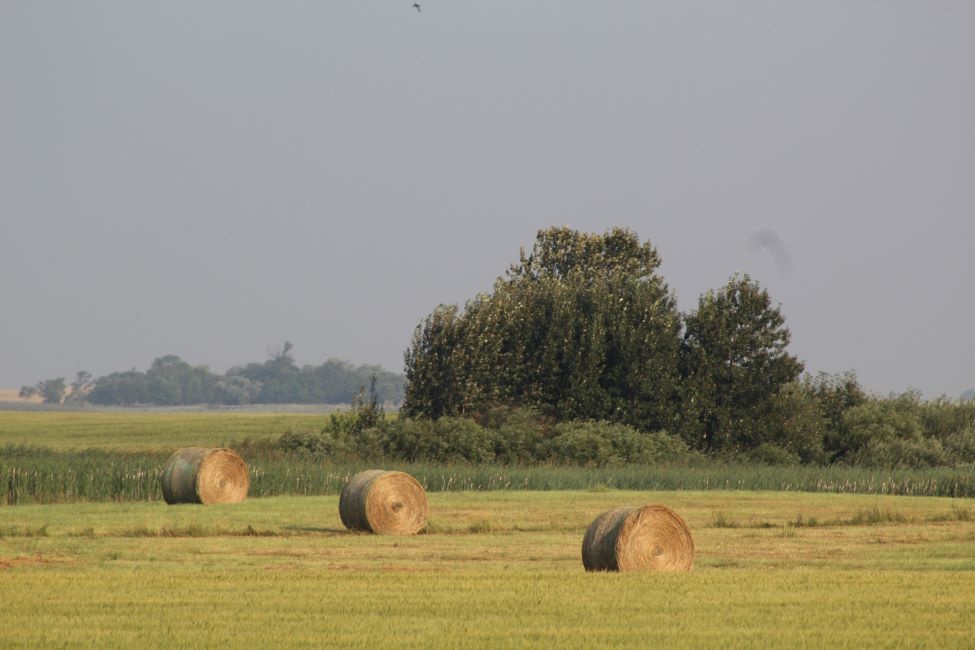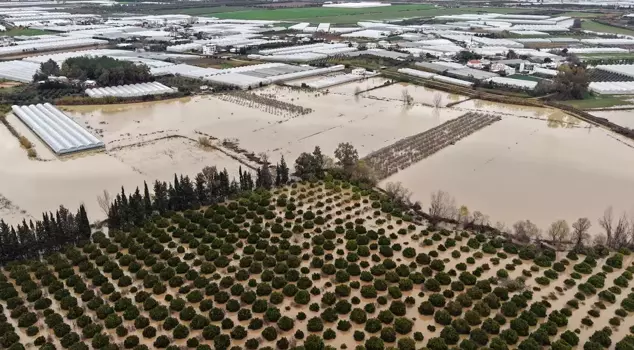Kenyan farmers continue to face challenges due to unpredictable weather conditions. As a result, they are turning to insurance coverage for their crops and livestock.
Insurance experts have reported that most farmers who are insuring their crops are smallholders who rely on rain-fed agriculture and use low-technology farming methods.
"We are witnessing an encouraging trend where smallholder farmers acknowledge the realities of climate change. These farmers are particularly vulnerable to droughts, hailstorms and other calamities. However, there is room for improvement since only about one per cent of farmers insure their crops and livestock. This translates to an average of 300,000 insured farmers, making Kenya the leading country in agricultural insurance coverage followed by Asian countries,"" says Mr Sarfraz Shah, the chief insurance officer at Pula, an agricultural insurance and technology company.
He attributes the low uptake of agricultural insurance to complexities in designing friendly policies for smallholder farmers. "Agriculture policy is complex; it's not easy to design. Today, if you consider climate change the greatest threat to everyone, you can give farmers loans, subsidised inputs and training in best agriculture practices. But what happens if there is a weather challenge that no one can control? That is where the insurance comes in," says Mr Shah.
The players use previous data for a particular area to compensate the farmers adequately.
"For example, a farmer in an ecological zone that historically gets 10 bags of maize but production drops due to natural factors, including floods; that's the gap the agriculture insurance seeks to cover," explains the insurer.
In 2021, only 15.4 million hectares of crops and livestock were insured in the country, with 905,034 farmers receiving payment.
In 2022, farmers from the Coastal region received Sh85.1 million compensation, while those from Nyandarua County received Sh30 million and Sh20 million in 2022 and 2023 respectively through APA Insurance in partnership with Apollo Agriculture Group.
Mr Samuel Muchiri from Apollo Agriculture explains that compensation is paid to farmers whose crops are adversely damaged by drought, pests, disease and other natural calamities.
Ephatus Kigombe from Ndaragua in Nyandarua has insured his crop since 2018. "I was almost giving up on farming due to the vagaries of weather. The rains were erratic, coming at an unexpected period. By 2018, I had reduced the farm under cultivation from five acres to one acre, but with the insurance cover, I have gradually increased again to three acres," explains the farmer.
"With insurance cover, a farmer is assured of compensation to help them farm the following year. The other advantage is that one gets compensated yearly if they have insured the crop. I would advise farmers to embrace agricultural insurance policies.”
Faith Wangechi from Kipipiri Constituency was a victim of a destructive hailstorm last year, but luckily, she had insured the crop for the first time.
"The adverse effects of climate change are real, but those who secure their crops will not feel the pinch of losses. The calamity came as the crop started to mature, meaning I had invested every coin in the farm. The hailstorms came unexpectedly and at the most unlikely time of the year," says the farmer.
Mr Muchiri, the Apollo Agriculture representative from Rift-Valley and Western Kenya, explains that agricultural insurance coverage is similar to health insurance coverage. "When you are not sick and do not need to go to the hospital, the money you have paid for insurance does not go to waste. Instead, it is used to help cover the medical expenses of other patients who are in need of treatment. This is similar to how the compensation for crops affected by weather patterns, diseases and pests is used to support farmers who experienced losses in their production. These losses are often caused by natural disasters and adverse weather conditions.”
The farmers are guided in ensuring their crops contribute to the long-term transformation of farming from subsistence to commercial agriculture.
"A comprehensive study is conducted within a particular area and the collected data helps inform both the farmer and insurer on how to increase yields, address what needs to be done and how much farmers can get in cases of crop failure. Farmers' compensations during a failed season are critical for stabilising their incomes and building resilience, thus leading to overall agricultural growth and development," explains Mr Shah.
Through this arrangement and partnerships, farmers are trained and supported to cultivate drought-resistant crops that can withstand harsh climatic conditions, further mitigating the losses.
Source - https://nation.africa













